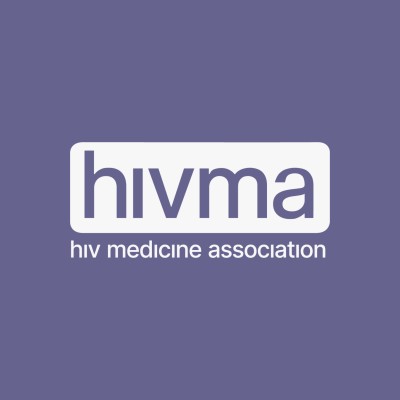
HIV Medicine Association (HIVMA)
The HIV Medicine Association is an organization of medical professionals who practice HIV medicine. We represent the interests of HIV health care providers and researchers and their patients by promoting quality in HIV care and by advocating for policies that ensure a comprehensive and humane response to the AIDS pandemic informed by science and social justice.







No Incident